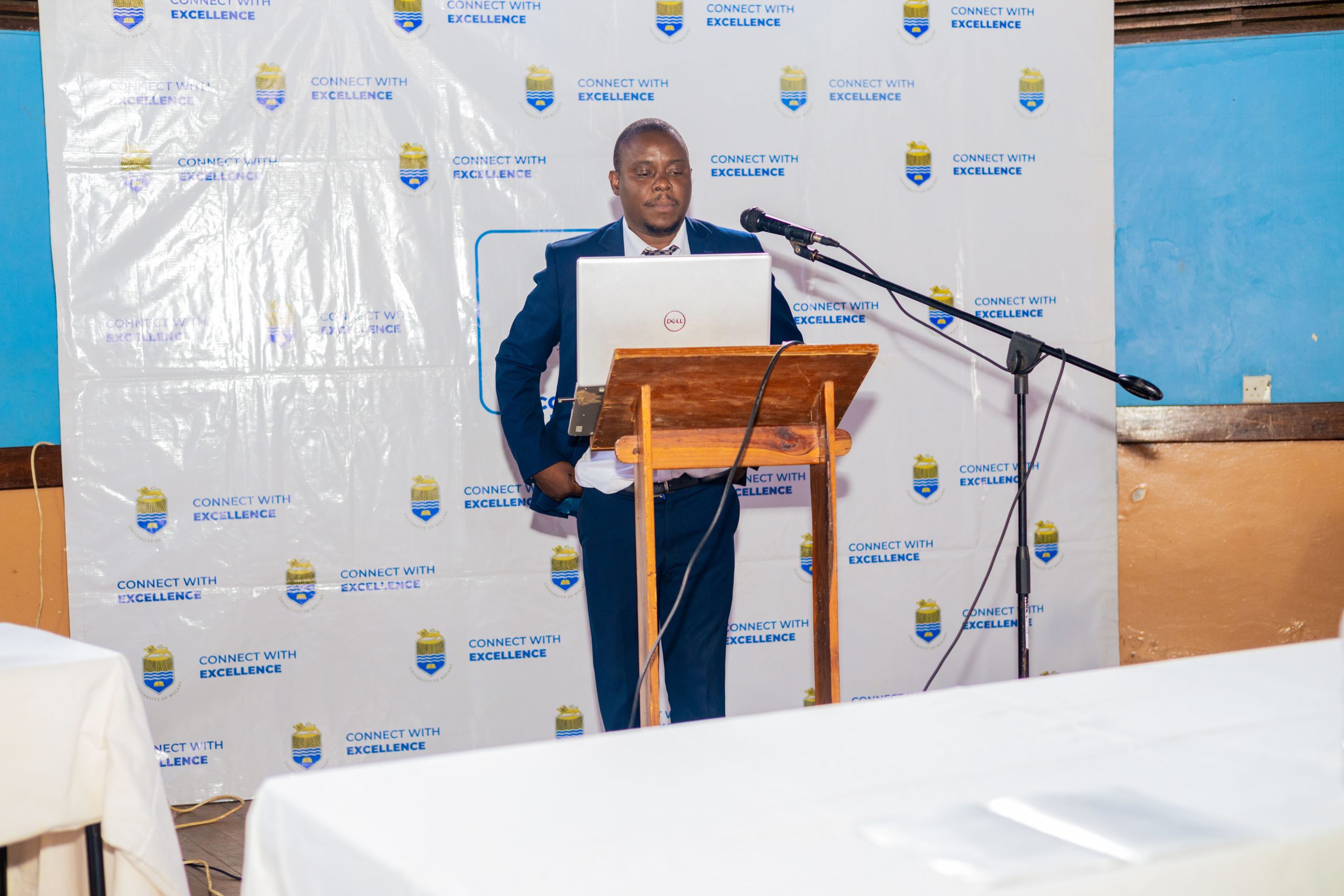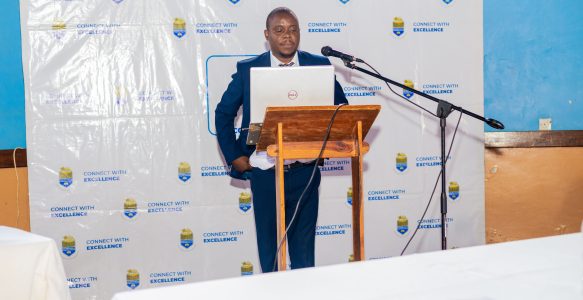This post has been written by Lemani Makina, one of the presenters at the ‘They Call it Sustainability’ conference, as well as one of the lead facilitators of the community-based Making Metaphors workshops. He is currently the Media Advocacy and Networking Officer at YONECO, one of the project partners.
Much as almost all social change agents agree on sustainability, another nut to crack. One nagging question is yet to be answered: how do we ensure sustainable social change? This is a critical question that all social change agents are supposed to ponder during the conceptualization of any particular development project. The blissful decade I have been working as a development communication officer has been a period of self-discovery as a professional. Key to this is that experience has taught me that I need to change my mindset to effectively facilitate the process of changing the mindsets of the people I work with in rural parts of Malawi.
I came out different from the conference on financing, localization, and other alternative futures for communication for development was dubbed ‘They Call it Sustainability’ in the Little Theatre at the University of Malawi. The conference was organized on 15 May, 2024 as part of the activities of a wider research project on Un/Making Corporate CSC by Loughborough University which partnered with the University of Malawi and collaborated with two local Non-Governmental Organizations (NGOs) namely YONECO and CRECCOM.
As one of the presenters, I was glad to share community perspectives on social change and sustainability of development intervention with the scholars and professionals who attended the meeting. Looking at the list of participants, this was a team that has the ability and influence to change or improve certain approaches in development work for the better. As donor aid and financing towards social change projects are dwindling, it is imperative to use the little resources available to implement tent long-lasting change and then focus on addressing other social change problems. After a week-long exercise of capturing community views on where development agencies miss the point of achieving a long-term impact, it was time to share with the participants. Every participant had a stake. If we cannot facilitate or train experts to effectively initiate sustainable interventions, then we are letting our country down.
For the first time in my life, I felt like I was carrying the most important pieces of the puzzle in promotion of suitable development as this was the first time I attended a conference where views of the communities were on the agenda.
Before and after my presentation, there were some experts and researchers who presented their works and the results of their various insightful research studies. The other professional talks and presentations focused on localization of aid; development communication and social change in a capitalist world; internal donor dependency in HIV interventions, the impact of projectification in agricultural development communication; and development communication financing, among other things.
The healthy discussions that followed each session brought several critical insights into the sustainable development debate. The conference did well in terms of proving that coordination is key. The learning and sharing of experiences and expertise made participants realize there is more we need to do. The undisputed fact remains that most interventions lack insights for communities as the participation approaches that are used remain superficial with no evidence of their involvement in devising sustainability strategies. One of the speakers concluded that there should be more of such efforts whereby development and social change scholars as well as professionals should be coming together after an agreed interval to discuss ‘what is working and what is not’ in order to strategize for continuity.

